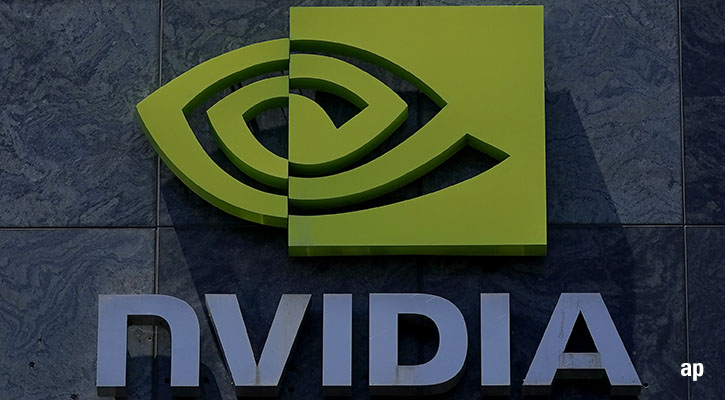Such heavy losses put to bed the case for the de-coupling of emerging markets and also illustrate the risk of performance chasing--emerging markets had attracted considerable attention in recent years on the back of strong performance and fund companie
s moved to capitalise by launching new offerings focused on increasingly risky areas. Although we continue to believe emerging markets have a role to play in investment portfolios, we would argue that investors should avoid narrow, specialised offerings in favour of broader emerging offerings that give their managers maximum leeway to add value and have less country-specific risk.
Sector and Country Allocation Has Been Key.
Some clear patterns emerge when we examine the differences between the top- and bottom-quartile performers in the Morningstar Emerging Markets category. Those funds that finished in the top quartile for the year-to-date to 19 November 2008 tended to be underweight in cyclical sectors such as industrial materials, particularly metals and mining issues, and energy stocks relative to the category norm. The slide in commodities and oil prices during the year has hurt stocks in these sectors. The top performers opted for overweight positions in sectors that benefit from relatively steady income streams such as consumer staples stocks and telecoms companies. Moreover, those top-quartile performers have higher trailing and forward P/E ratios when compared with the bottom-quartile funds which suggests that buying cheaper stocks did not reduce the magnitude of losses.
Country allocation has been the other determinant of fund performance. The Russian market has heavy exposures to energy and industrial materials stocks which plummeted on the back of falling commodities prices. Just two energy stocks, Gazprom and Lukoil account for around 50% of the MSCI Russia index. Political risk has also ramped up there amid the conflict in Georgia and statements from Vladimir Putin that some interpreted to mean the government might interfere with the management of mining company Mechel. As stocks dropped sharply, Russian exchanges were forced to close on several occasions during September. It is thus not surprising that many of the worst performers tended to be overweight the category norm in Russia. The bottom quartile performers in 2008 also had overweight exposures to Brazil and China. Falling commodity prices weighed on the resources-heavy Brazilian economy while a slowdown in China's growth and its links to the US economy hurt funds with above average exposure there.
Focus On Quality.
The broader emerging markets funds which have done the best job of preserving investors’ capital are offerings we have recommended in the past - the First State Global Emerging Markets, First State Global Emerging Markets Leaders and Aberdeen Emerging Markets funds. All three funds share common traits which have helped limit losses; experienced managers, deep resources in investment research staff and a disciplined approach which focuses on quality stocks.
Angus Tulloch and Jonathan Asante run the First State Global Emerging Markets and Global Emerging Markets Leaders funds which have incurred losses of 32.58% and 29.33% respectively for the year-to-date to 19 November 2008. As we would expect, the Leaders fund has held up better in the downturn due to its larger-cap bias. Tulloch and Asante are very experienced managers and they look for high quality companies with recognisable brands that enable them to be price-givers which can protect future revenue streams. Moreover, they like companies with conservative but sustainable real earnings growth rates which help cushion losses because they avoid speculative fare. They have also been successful in avoiding cyclical issues such as industrial materials and energy stocks which have been buffeted by falling commodity prices. Although Tulloch and Asante’s conservative strategy may cause the fund to lag in momentum-led markets, their approach has helped limit risk and delivered strong results through time. Click here to read our analysis of First State Global Emerging markets, and here to read our analysis of First State Global Emerging Markets Leaders.
Aberdeen Global Emerging Markets has lost 33.34% for the year-to-date to 19 November 2008. Although Devan Kaloo is the named manager, the fund benefits from the team approach of 31 managers and analysts focussed on the emerging markets. The team takes a bottom-up approach and searching for quality companies is the cornerstone of their approach. They look for solid fundamentals such as strong free cash flows, sound balance sheets and quality management teams. The managers also have a valuation overlay where they look at a stock’s price-to-earnings growth ratio, net asset value and dividend yield. The team’s emphasis on valuations led them to keep underweight positions in industrial materials and Chinese stocks which held the fund back when markets were rallying. However, we think missing out on some upside is a price worth paying given the resilience the fund has shown in down markets. Click here to read our analysis of Aberdeen Emerging Markets.
Investing in emerging markets is extremely risky and unsuitable for some investors. However, for investors seeking exposure to the asset class, we think it makes sense to opt for a fund run by experienced managers who ply a fundamentals-driven strategy across the full breadth of emerging markets. Although the Aberdeen and First State funds may look out of step with racier fare from time to time, we believe they have what it takes to serve investors well over the long term.























